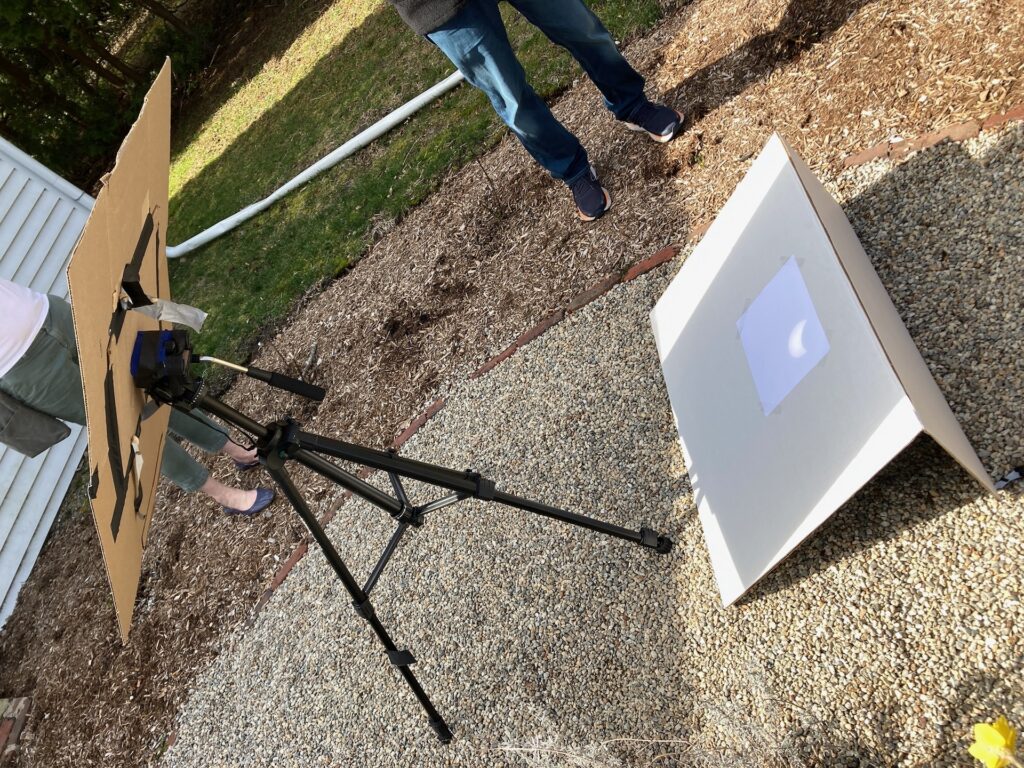Carey Nieuwhof is the founding pastor of Connexus Church — a conservative Christian church that would probably give hives to most Unitarian Universalists. Carey Nieuwhof also has a leadership podcast that’s insanely popular, and a website and blog that reaches tens of thousand of people.
I may not agree with Carey Nieuwhof’s theology, and he’d probably call me a heretic or an apostate (I’m never quite clear on the distinction between heretic and apostate). Nevertheless, I read Nieuwhof’s tips on leadership. For example, I’ve found that his “Post-Modern Church Leader’s Survival Checklist” has given me some good food for thought. One of those tips, by the way, goes like this:
“The challenge for many of us in church leadership is that we listen to the same voices over and over again. You become a fan of a certain preacher, a certain theologian, and you read and listen to only them. I find I often learn the most from people who are least like me. Sometimes the answers to your problem lies outside your discipline, not within it.”
One of my concerns about Unitarian Universalism is that we’ve become an echo chamber. We are a tiny group. There are fewer Unitarian Universalists in the U.S. than there are members of the Living Faith Church in Lagos — fewer people in our whole denomination than there are in one single church.
Yet even though there are so few of us, we often seem reluctant to look for answers outside the ranks of Unitarian Universalism. If one Unitarian Universalist (UU) comes up with an idea, we all get on the bandwagon, and that becomes the only idea to consider. I saw this happen fifteen years ago when Thandeka challenged the prevailing UU opinion on anti-racism, and was ignored or even attacked. I’m actually quite critical of Thandeka’s thought in general, but I read her material anyway because I learn from it. And I agree with Carey Nieuwhof, with whom I have many profound disagreements, that we often learn the most from people who are least like us.
I see this dynamic also playing out in religious education. I learn far more from the Religious Education Association (REA), an international interfaith group of scholars and practitioners, than from the Liberal Religious Educators Association (LREDA). Sure, the REA has its own problems, and like LREDA it has its own little insider group of people who seem only to talk to each other. But the REA is making a distinct effort to include a diversity of viewpoints in its journal; for example, I learned a lot from an article about Korean American Christian religious education. By contrast, LREDA seems to focus almost exclusively on what’s going on within Unitarian Universalist religious education. The REA casts a much wider net than does LREDA.
Most recently, a friend pointed me to an article in Science of Mind magazine, telling about the Mile Hi Church in Lakewood, Colorado. Mile Hi Church, affiliated with the Centers for Spiritual Living (formerly Church of Religious Science), is huge by UU standards. Yet like the rest of us, in the aftermath of the pandemic, Mile Hi Church is struggling. Their “sanctuary is half full.” Instead of giving in to gloom, though, they say this:
“Five years ago, you simply counted the people in the seats. Today, you count the in-person attendance, the online live attendance, the people who watched the online recording over 24 hours, those who watched the message during the week, and the folks who listened to the podcast on Monday morning. And guess what? That’s OK. In fact, it’s exciting.”
I think it’s great to communicate with other Unitarian Universalists. But we can’t live in a UU echo chamber. One of the reasons I no longer attend General Assembly (GA) is that it feels like a UU echo chamber. I don’t learn as much at GA as I can learn by getting out into the wider world beyond Unitarian Universalism.
Most UU congregations are struggling in the aftermath of the pandemic. We can do as we usually do, and look inwards, listening mostly to other Unitarian Universalists. Or we can look outwards, and embrace the wild diversity that is the wider world.




